Instead of heading to warm sandy beaches or traveling home to visit family and friends, 37 Jackson State University students and five staff members are working five-hour days this week helping Hattiesburg, Miss., residents recover from last month’s tornado that left their community devastated.
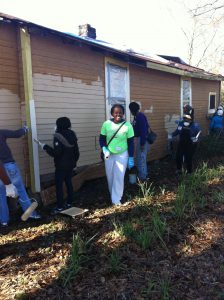 The “Alternative Spring Break” is coordinated by the Center for Service and Community Engaged Learning in the JSU Division of Student Life. Students and staff departed on Sunday, March 10, and are working alongside other students and volunteers from across the country to help to restore the community and the lives affected by the storm.
The “Alternative Spring Break” is coordinated by the Center for Service and Community Engaged Learning in the JSU Division of Student Life. Students and staff departed on Sunday, March 10, and are working alongside other students and volunteers from across the country to help to restore the community and the lives affected by the storm.
The organization spearheading the volunteer relief work is Volunteer Hattiesburg, a newly formed group charged with coordinating the large scale projects that only helping hands can provide. The relief work will include cleaning and moving debris, painting and assisting church groups with preparing and delivering sack lunches.
Additionally, donations of items, toiletries and household cleaning products collected by the CSCEL since February 12 will be donated to the Red Cross for distribution.
This is the third trip for George Tan, a senior biology pre-med major from Malaysia. He said he wanted to help because “it’s important that the residents have secure structures in which to live.”
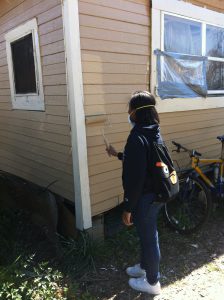 “Part of the reason I chose to come to JSU was because of its community service component. I think service is universal. It doesn’t matter where you’re from. It’s about the heart of the community. We have students here this week from Malaysia and China. We are all here for one purpose — to serve.”
“Part of the reason I chose to come to JSU was because of its community service component. I think service is universal. It doesn’t matter where you’re from. It’s about the heart of the community. We have students here this week from Malaysia and China. We are all here for one purpose — to serve.”
Shontrice Garrett, a sophomore, mathematics education major from East St. Louis, Ill., said she didn’t expect to see so much damage when she arrived in Hattiesburg.
“A lot people’s roofs are completely blown off. Some people are still cleaning out their homes,” Garrett said.
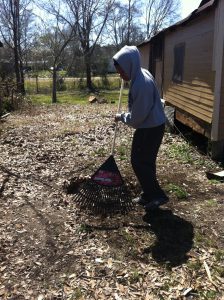 The Alternative Break trip is a way for students to give back and help in communities throughout the U.S. and internationally. Participation prepares students to better understand and engage with individuals and communities they meet through service, and helps them examine and address issues such as poverty, homelessness and related social problems. Students gain social and cultural knowledge about the value of civic engagement in their own communities. The service-learning trip will include nightly personal reflection on the implications and relevancy of the students’ daily experiences. This activity also helps students fulfill the 120 hour requirement for graduation.
The Alternative Break trip is a way for students to give back and help in communities throughout the U.S. and internationally. Participation prepares students to better understand and engage with individuals and communities they meet through service, and helps them examine and address issues such as poverty, homelessness and related social problems. Students gain social and cultural knowledge about the value of civic engagement in their own communities. The service-learning trip will include nightly personal reflection on the implications and relevancy of the students’ daily experiences. This activity also helps students fulfill the 120 hour requirement for graduation.
Jackson State University has offered Alternative Spring Break trips for a number of years where students have volunteered at homeless shelters and food banks, helped to build houses, assisted in a historical preservation project and traveled to China for community service.



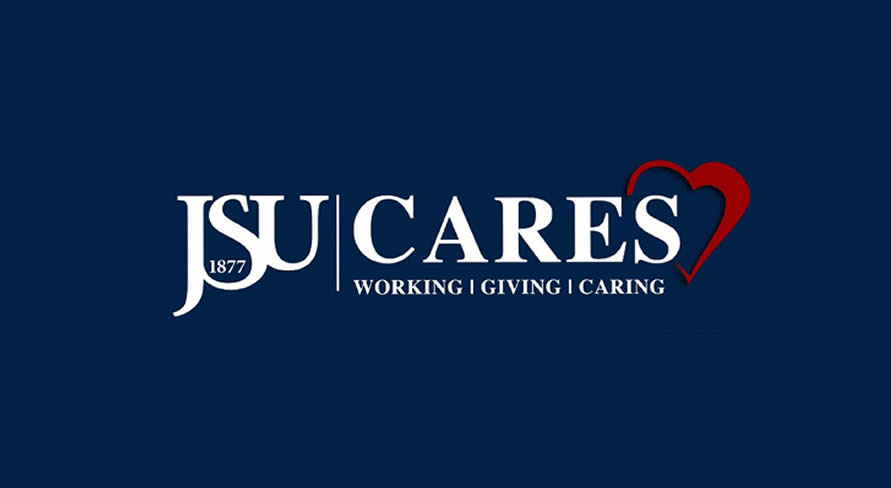



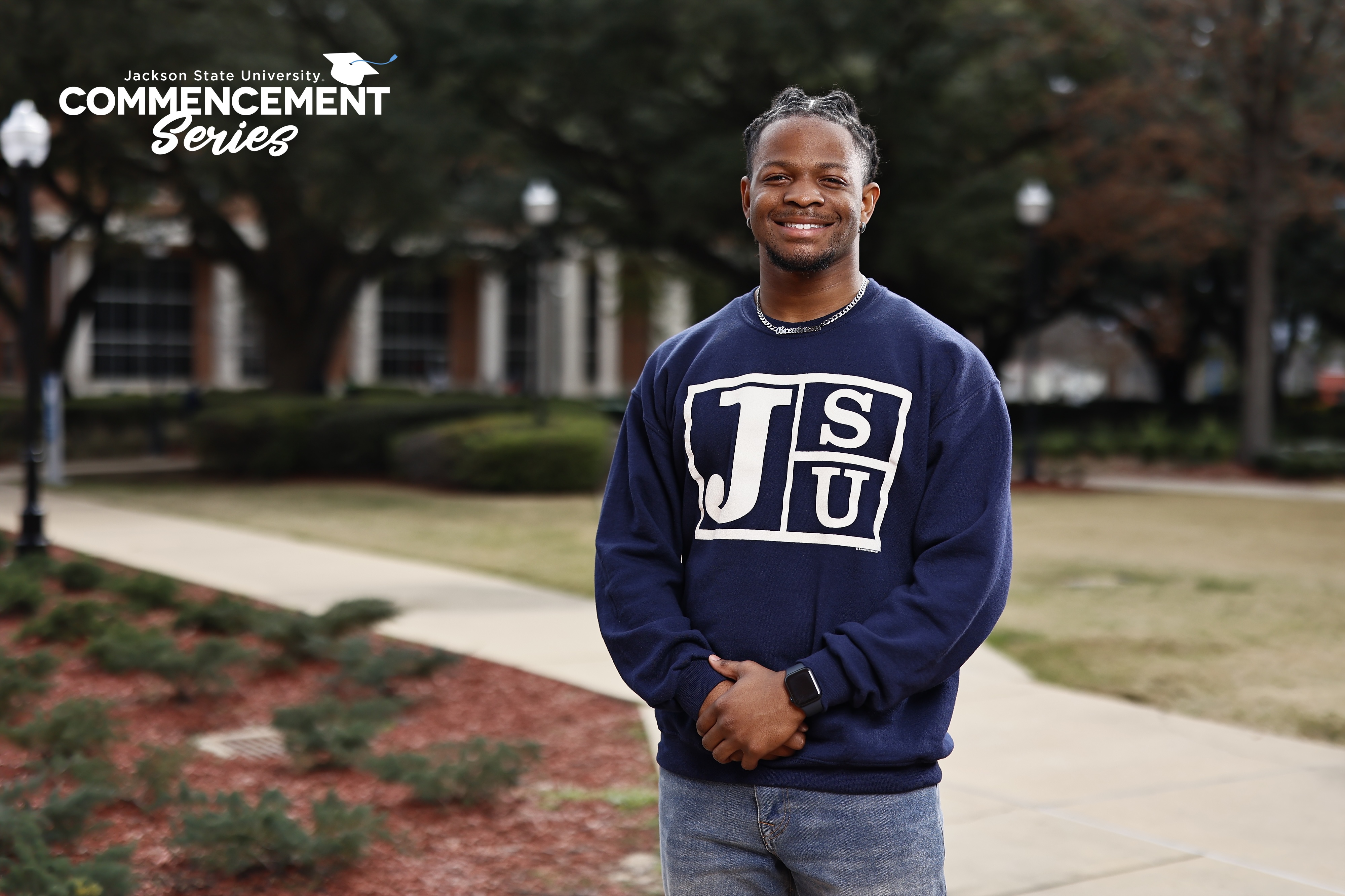
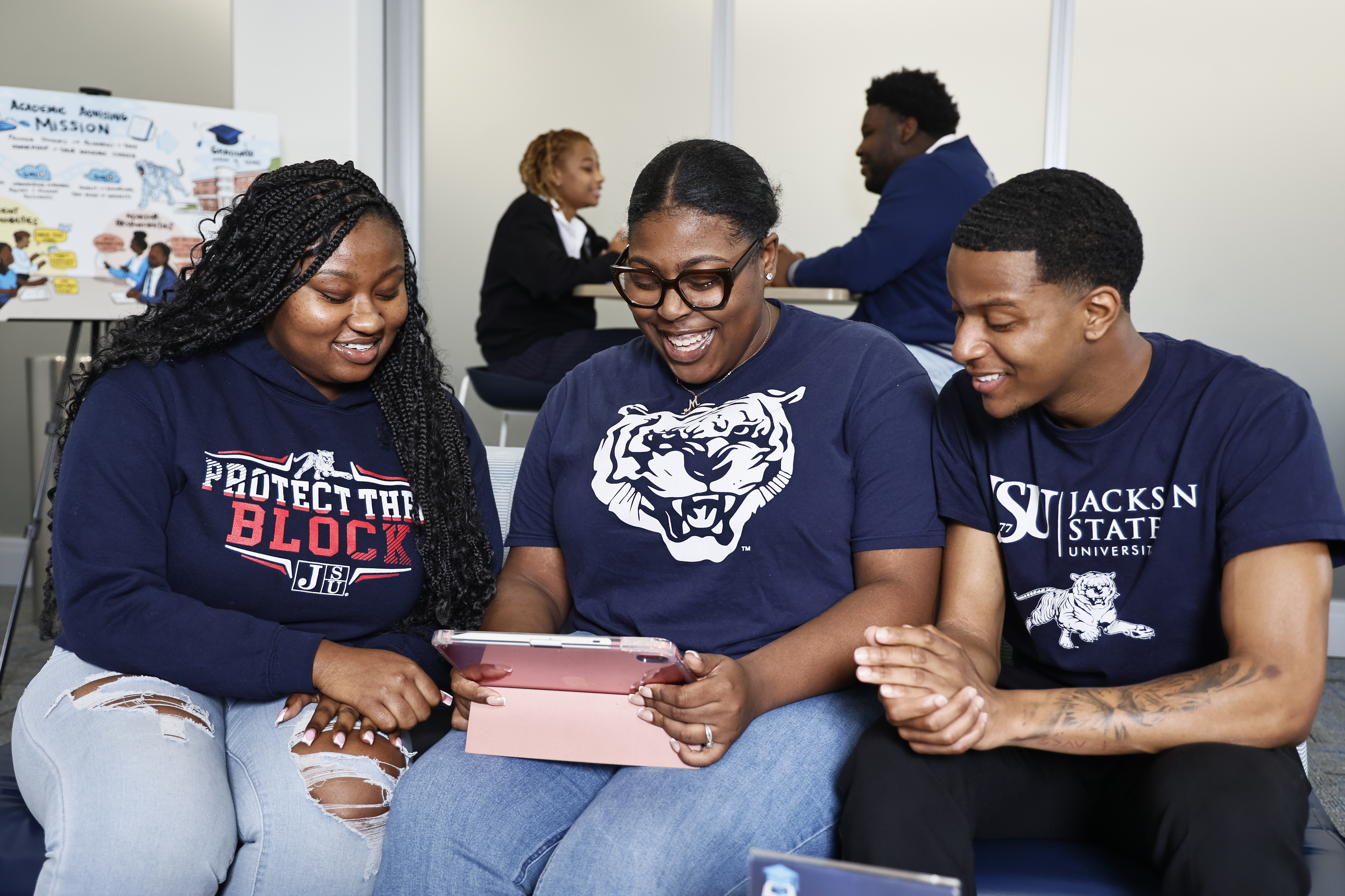
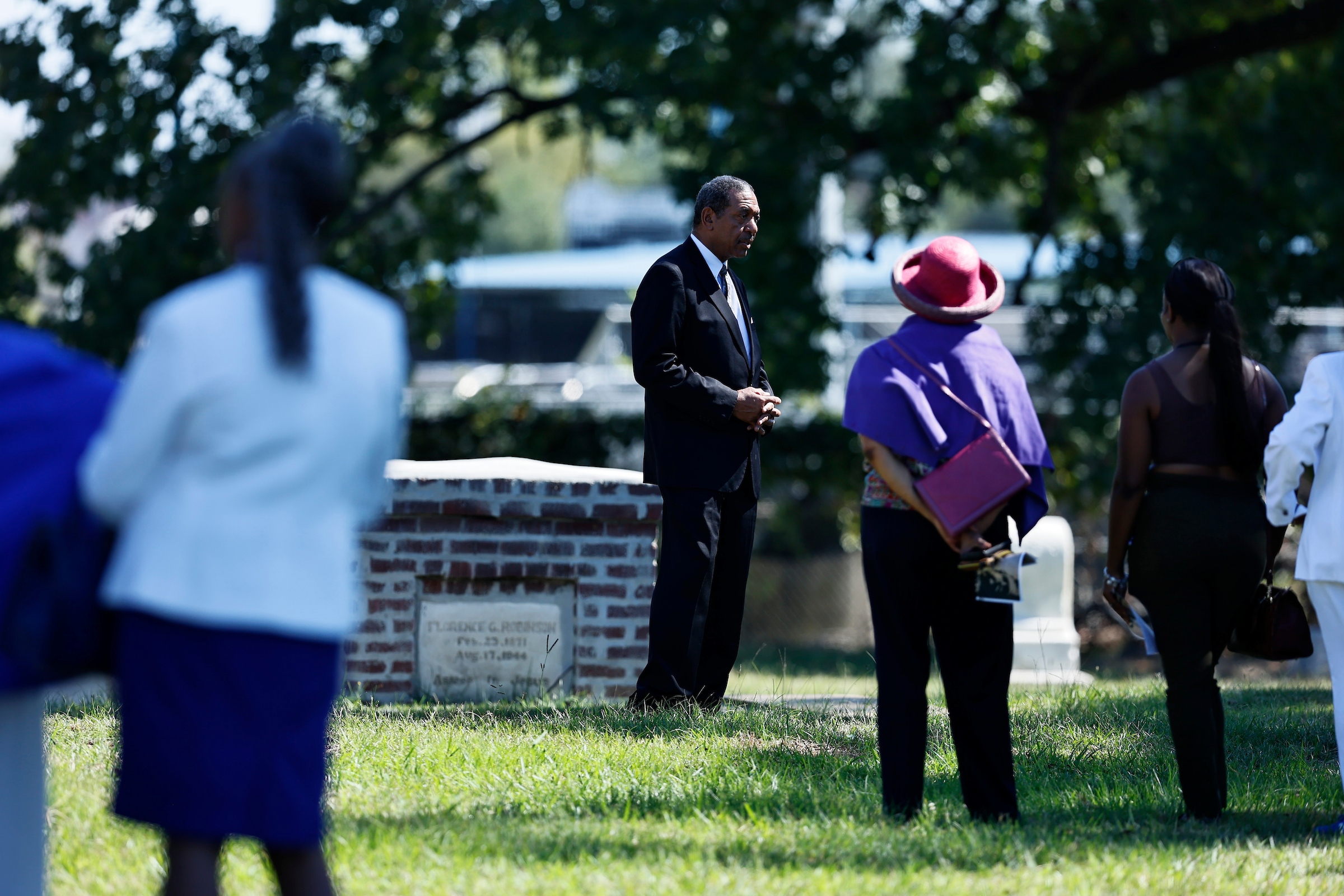
Leave a Reply